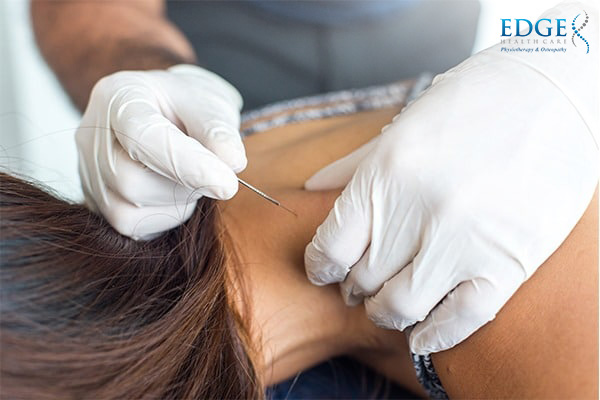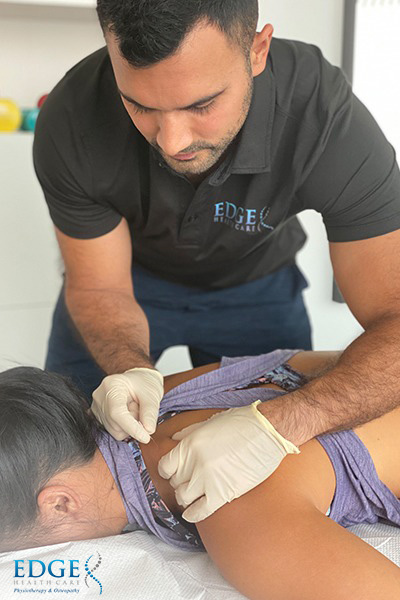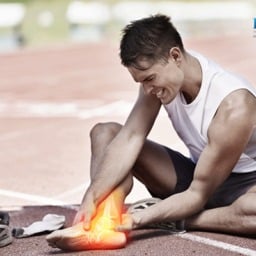While intimidating at first glance, dry needling in Singapore is a safe and effective technique to help relieve muscular pain and myofascial dysfunction, as well as reducing muscle tension and improving the speed of patients’ rehabilitation. However, dry needling still remains as one of the less understood physical therapies in Singapore. We debunk some of the most common misconceptions that people have towards this versatile therapy.

Dry needling isn’t scientifically proven.
To skeptics, dry needling appears to be poking needles at random to elicit some form of pain relief. That couldn’t be further from the truth! Built upon decades of research, dry needling targets myofascial trigger points in muscles via small and slender needles. It aims to stimulate nerves to signal the brain to produce endorphins for natural pain relief. Skilled therapists can effectively identify these trigger points by palpating the affected areas, aiming to elicit a local twitch response to ensure that the muscle is reacting to the treatment effectively.

In addition, as a growing field and physical therapy option in Singapore, practitioners of dry needling are constantly referring to research studies to drive their clinical practice, while customising their treatment based on patients’ individual responses. By applying the latest research and findings into their personal evidence-based therapy with their patients, dry needling therapists are able to continually improve their craft and the efficacy of their treatments.
Dry needling is the same as acupuncture.
While both dry needling in Singapore and acupuncture appear similar on the surface with their use of numerous tiny needles to treat various muscular and pain issues, the similarities end there. Dry needling is derived from principles found in Western medicine, and adopts a scientific approach that considers patients’ individual and unique conditions, such as their pain patterns, posture, movement impairments, and general body function. Also, dry needling is often utilised as part of a broader physical therapy approach in Singapore, which encompasses other therapies to achieve patients’ desired results.
In contrast, acupuncture is derived from ancient Traditional Chinese Medicine principles passed down across millenia. It is based on channel theory, aiming to restore the body’s energy (or qi) throughout the body along energy channels known as meridians. By triggering these meridians, acupuncturists aim to restore the proper flow of energy throughout the body, and acupuncture is purported to address a wide range of conditions beyond musculoskeletal related ones that dry needling in Singapore focuses on.
Dry needling is a painful affair.
While the thought of having many small needles inserted into one’s body can trigger the same fear as getting an injection, dry needling is perfectly safe and relatively pain-free when practiced by trained professionals. With thousands of hours studying various parts of the body, such as anatomy, physiology, as well as musculoskeletal and injury management; skilled therapists are able to adopt a methodical and rigorous approach to treating patients. This makes them innately familiar with the body’s pain responses, helping them to conduct dry needling therapy with minimal pain to patients.
Generally, patients with healthy muscles and strong bodies report that they can barely feel the sensation of these needles entering their body. Each patient also responds differently to dry needling, with some experiencing immediate pain relief while others may require a couple of days. However, if you personally prefer other forms of therapy to relieve pain, do let our trained therapists know so they can best help you plan an optimal physical therapy treatment in Singapore.
Eager to experience the numerous health benefits that dry needling can bring? Contact Edge Healthcare and arrange for a physical therapy or Osteopathy consultation in Singapore.


